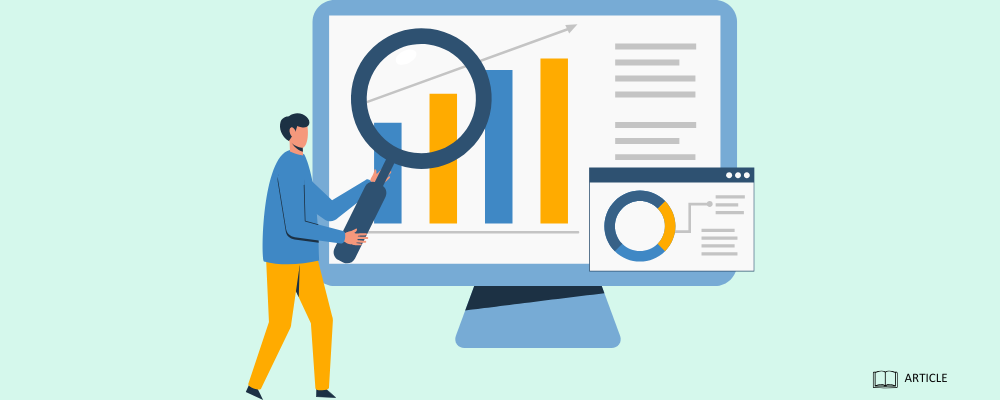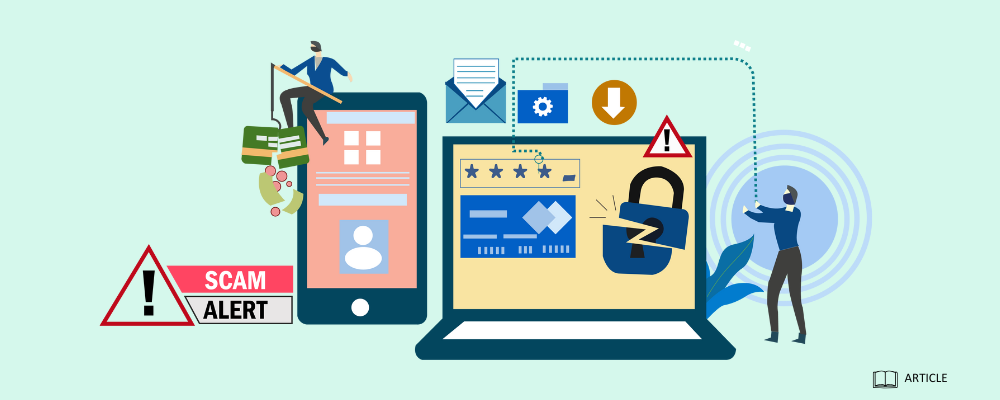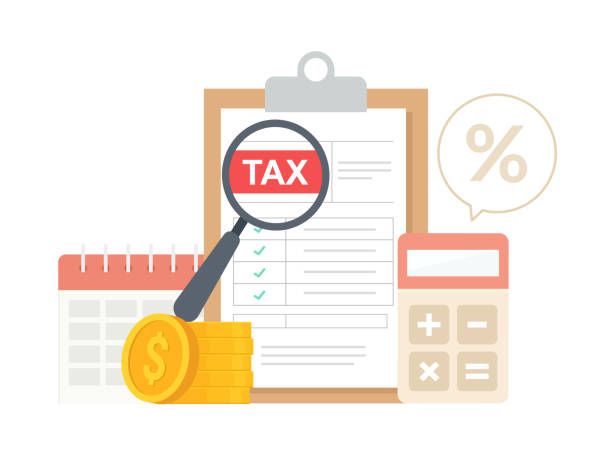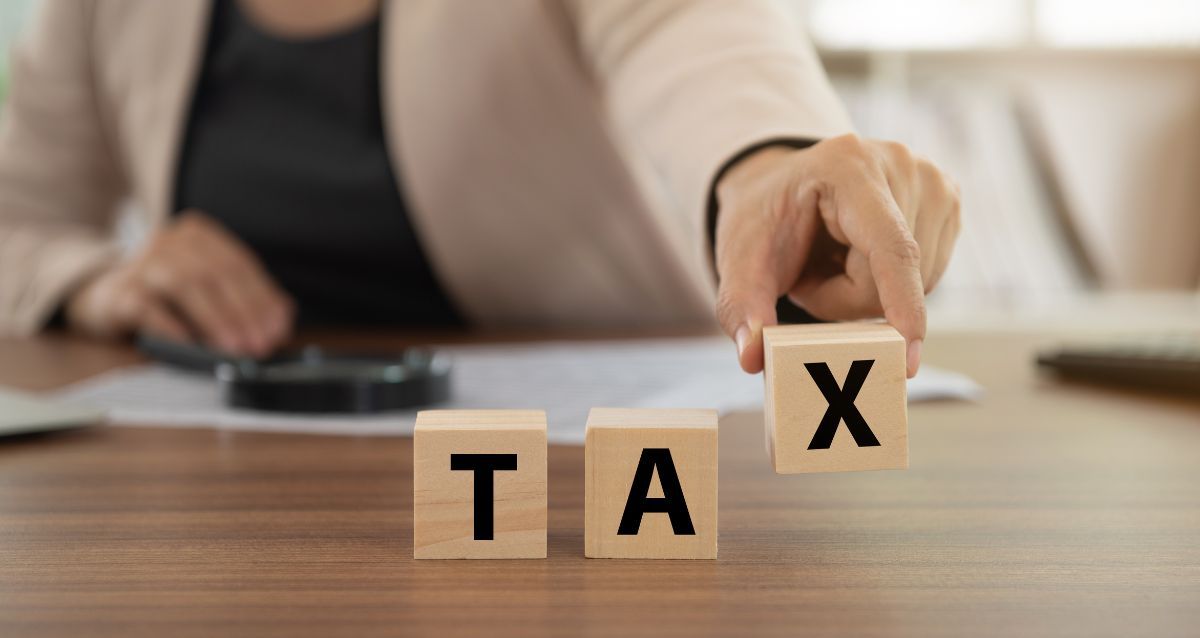Building Healthy Financial Habits
Have you ever checked your credit card or bank balance and wondered how you spent that much money? Poor financial habits can be a big stress factor if it means you are struggling to meet your monetary obligations. Luckily, there are some simple tips and techniques anyone can use to start building healthier financial habits for the future.
Budget
Money management starts with budgeting. It allows you to understand what you have coming in and how much you have going out. Budgets should not be viewed as a restriction, but rather as a tool to achieve your financial goals. You can update and adjust your budget as needed.
There are many free budgeting tools online, as well as free Excel templates, that can be used to help achieve your budgeting goals.
Set Goals
Think about the long and short-term goals you have in life. Maybe it’s a new car, a house deposit, or simply paying off an existing debt. Setting financial goals relevant to you will help get your spending habits in check and put you on track to reach these goals sooner.
Try to make these goals specific. Instead of “I want to save for a house”, instead say “I want to save a certain amount by a set date”. Tangible goals give you something to track your progress against and can be an excellent motivator. Impulse purchases suddenly won’t be as tempting.
Pay Yourself First
This means putting money into savings or investment accounts when you receive it rather than waiting until the end of your pay cycle to see what’s left. People who follow this habit rarely miss this money because it has already been moved ‘out of sight’ and they don’t see it as money they can spend.
Watch out for ‘Lifestyle Creep’ which occurs when someone’s lifestyle becomes more expensive as they begin to earn more money. Keep this in check by remembering the importance of investing in your future and savings.
Don’t Let Bills Sneak Up
Good bill payment habits mean less stress finding the money, fewer late fees, and better credit history. Budgeting and setting up automated payments that allow you to ‘set and forget’ can mean you rarely find yourself looking for bill money.
This could be as simple as scheduling a bill for auto-payment as soon as you receive it. If you want to be even more organised, it could mean working out the average weekly/fortnightly/monthly spend on a regular bill and having a set amount transferred into a dedicated bills account each pay cheque. This way, whenever a bill comes in you should be able to schedule an autopayment from your bills account without any fear of overdrawing.
Using these tips will help give you control and visibility of your money, letting you better manage your finances and achieve your financial goals sooner.
The post Building Healthy Financial Habits appeared first on Green Taylor Partners.
More GTP Articles






